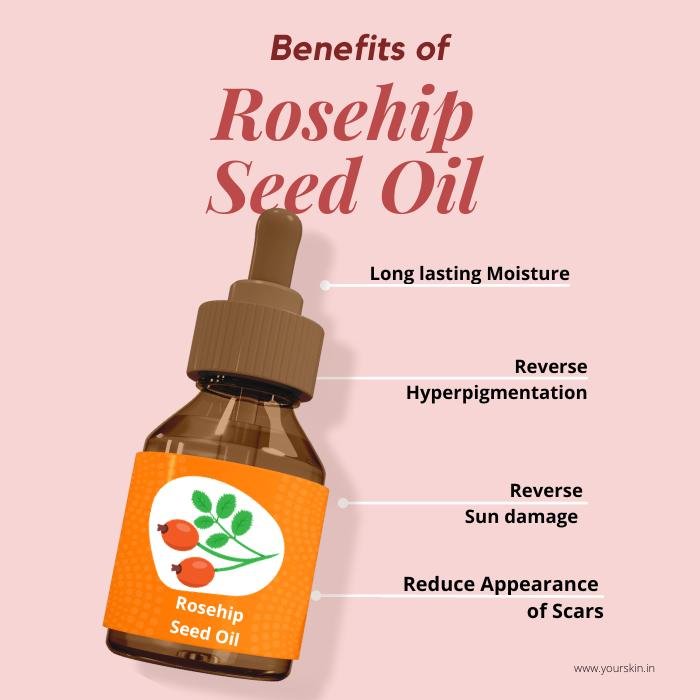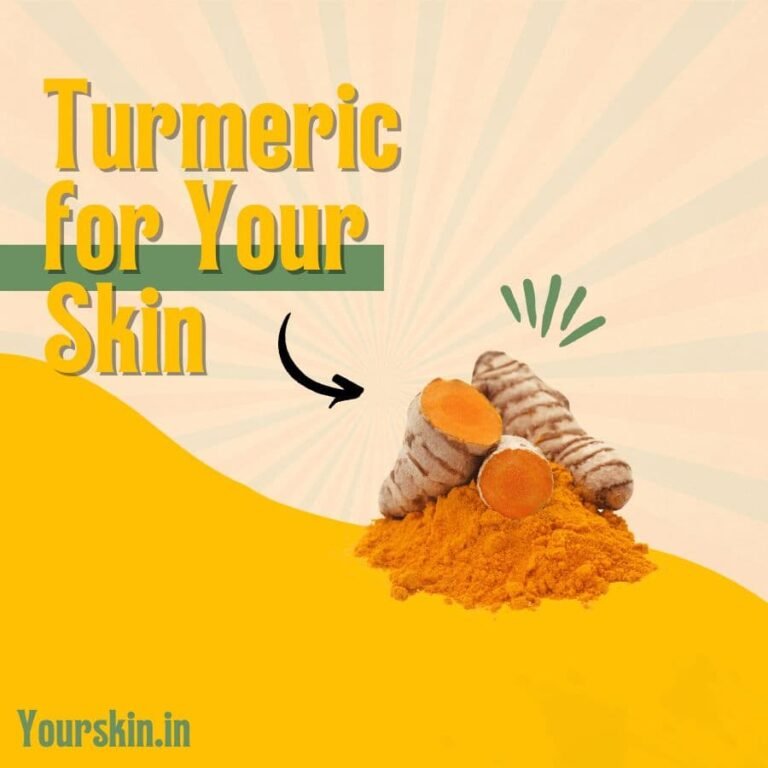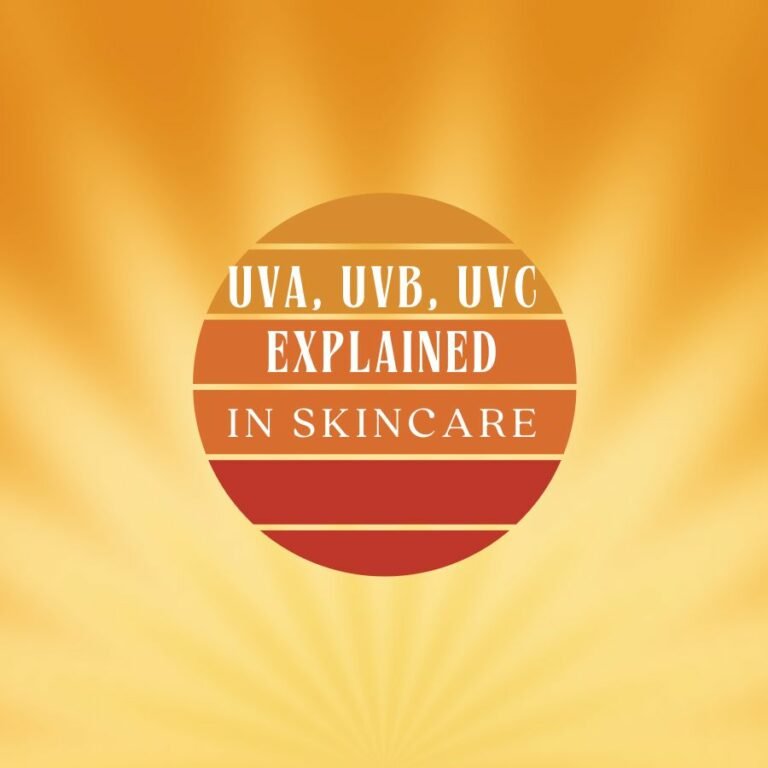No matter what type of skin you have, you probably want your skin to look “glowy”. If your skin is dry, face oils make perfect sense. However, when you have oily or combination skin, even the thought of putting oil on your face is repulsive.
Ever used a primer or a stripping facewash and felt like it made you look dull? A matte finish was all the rage in 2015, but now we want that glass-skin appearance.
While there are many great face oils on the market, rosehip oil stands out as at least one of the ingredients in the majority of them. Rosehip oil benefits transcend all skin-type “barriers”, giving you way more than just a healthy glow.
Let’s look at the pros and cons of rosehip seed oil and my favorite formulation (brand) that worked wonders for my combination skin!
This post may contain affiliate links, meaning we may receive a commission from the purchases made through these links. We will only recommend products that we have personally used!
What is Rosehip Seed Oil?
Rosehip is a bright orange-red fruit that is left behind on the rosebush after a rose withers on the plant. This is true for all rosebushes; however, some species (rosa rugose, rosa canina, and Rosa rubiginosa) are considered to be of superior quality
If you look closely at the ingredient list of any type of rosehip oil-based product, you would notice that some say Rosehip Seed Oil and others say just Rosehip Oil.
So what is the difference between between rosehip seed oil and rosehip oil?
Rosehip seed oil, as the name suggests, is made with just the rose seeds found in the rosehip fruit. On the other hand, rosehip oil is made using all parts of the fruit, both the pulp and seeds.
Rosehip seeds are extremely high in fatty acids – omega 3,6, and 9. It also contains the provitamin A. Rosehip pulp, on the other hand, has almost 5 times more provitamin A. Both types of oil contain lycopene (antioxidant) that defends the skin against sun damage.
In a simple comparison, rosehip oil skin benefits seem better since it gives you the perks of both worlds. However, you must consider what your skin needs most, fatty acids or provitamin A? For example, If you go for a rosehip seed oil, you naturally get a higher concentration of omega fatty acids but a lot less vitamin A.

No matter what type you choose, both types of oils have very similar if not the same benefits and drawbacks.
Pros of Rosehip Seed Oil
- Locks moisture in the skin
- Is non-comedogenic
- Reduces acne marks
- Reduces Hyperpigmentation
- Reduces the appearance of Stretch Marks
- Reverses sun damage
- Protects from sun damage
- Prevents wrinkles
- Soothes cuts and burns
Cons of Rosehip Seed Oil
- Has an unpleasant odor
- Can cause an allergic reaction
My Top Picks
Following are 3 of my favorite brands of Rosehip Seed Oil available on the Indian Market (in order of favorability)
- Juicy Chemistry Cold-Pressed Rosehip Seed Carrier Oil: Go for this rosehip serum if you’re totally okay with a strong, earthy smell. Out of all the products I’ve used, this one seemed to be the most potent and instantly made my skin glow.
- Juicy Chemistry Helichrysum and Rosehip Facial Oil: This face oil is perfect for very oily skin as it is very lightweight and less greasy than the 100% rosehip seed oil version. It also has a nice natural scent due to the Helichrysum.
- Suganda Pure Rosehip Oil: This oil by Sugandha is very lightweight and has a slight earthy fragrance. It is a great product for the price.
As always, take care of your skin.
FAQs
What is rosehip seed oil good for?
Rosehip seed oil is good for your skin when applied topically. It is typically used for long-lasting moisturisation and continued usage has benefits such as the reversal of hyperpigmentation and sun damage. This oil also reduces the appearance of scars and prevents stretch marks. Its anti-bacterial properties are great for soothing eczema.
Is it OK to use rosehip oil on your face?
Rosehip oil and rosehip seed oil is safe to be applied on the face. It is non-comedogenic, meaning it doesn’t clog your pores and locks in moisture while giving your face a glow. It has long-term benefits including reduction of hyperpigmentation, reversal of sun damage, and prevention of stretch marks.
Does rosehip oil lighten skin?
Rosehip oil is often used for lightening and brightening the skin. It helps in reducing hyperpigmentation and evening out skin tone. These oils form a protective skin barrier and give you lasting moisture and a glowy finish.
Who should not use rosehip oil?
Rosehip oil is typically hypoallergenic but a patch test is always advised when using new products. It is safe to be used during pregnancy and breastfeeding. If you use 100% rosehip seed oil, make sure you’re okay with a rather unpleasant earthy smell.







